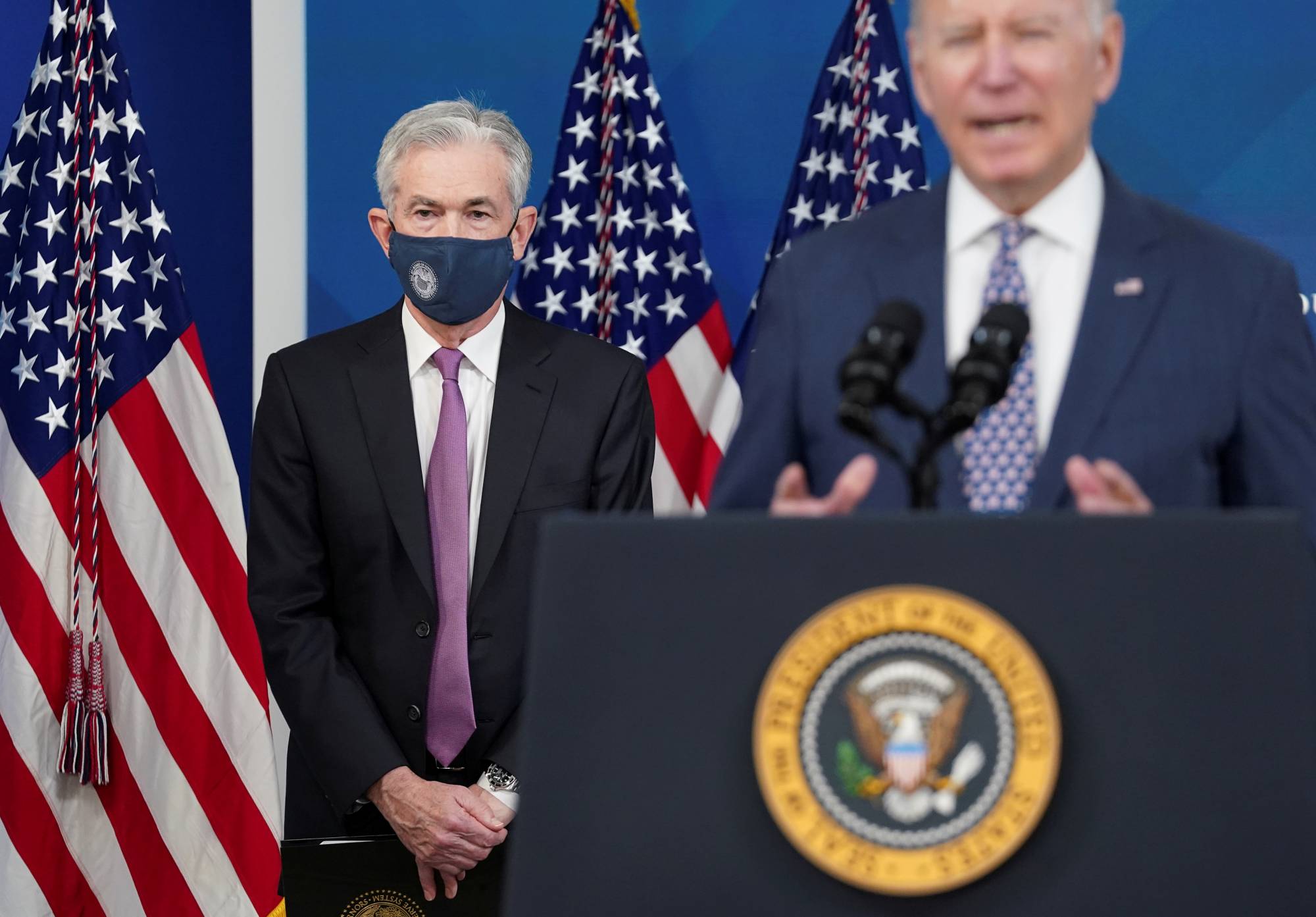"Fundamentally,” U.S. President Biden said as he nominated Jerome Powell for another four years as the world’s most powerful central banker, "we need stability and independence at the Federal Reserve.” He’s probably right about that.
The problem is that the need for stability — and for avoiding shocks for the markets and for independence — cuts across the desire to exert more democratic control over central banks. Far more powerful than it was ever designed to be, and critical in the fight against inflation, the Fed now transcends democratic control.
Powell’s decisions on inflation could decide the political fate of Biden and his party. And yet Powell’s inflation strategy seems to have been virtually irrelevant to Biden’s decision to re-nominate him. Not only that, but the only other candidate considered, Vice Chairwoman-designate Lael Brainard, has never failed to vote in line with Powell on monetary policy in the seven years they have served as Fed governors.


















With your current subscription plan you can comment on stories. However, before writing your first comment, please create a display name in the Profile section of your subscriber account page.